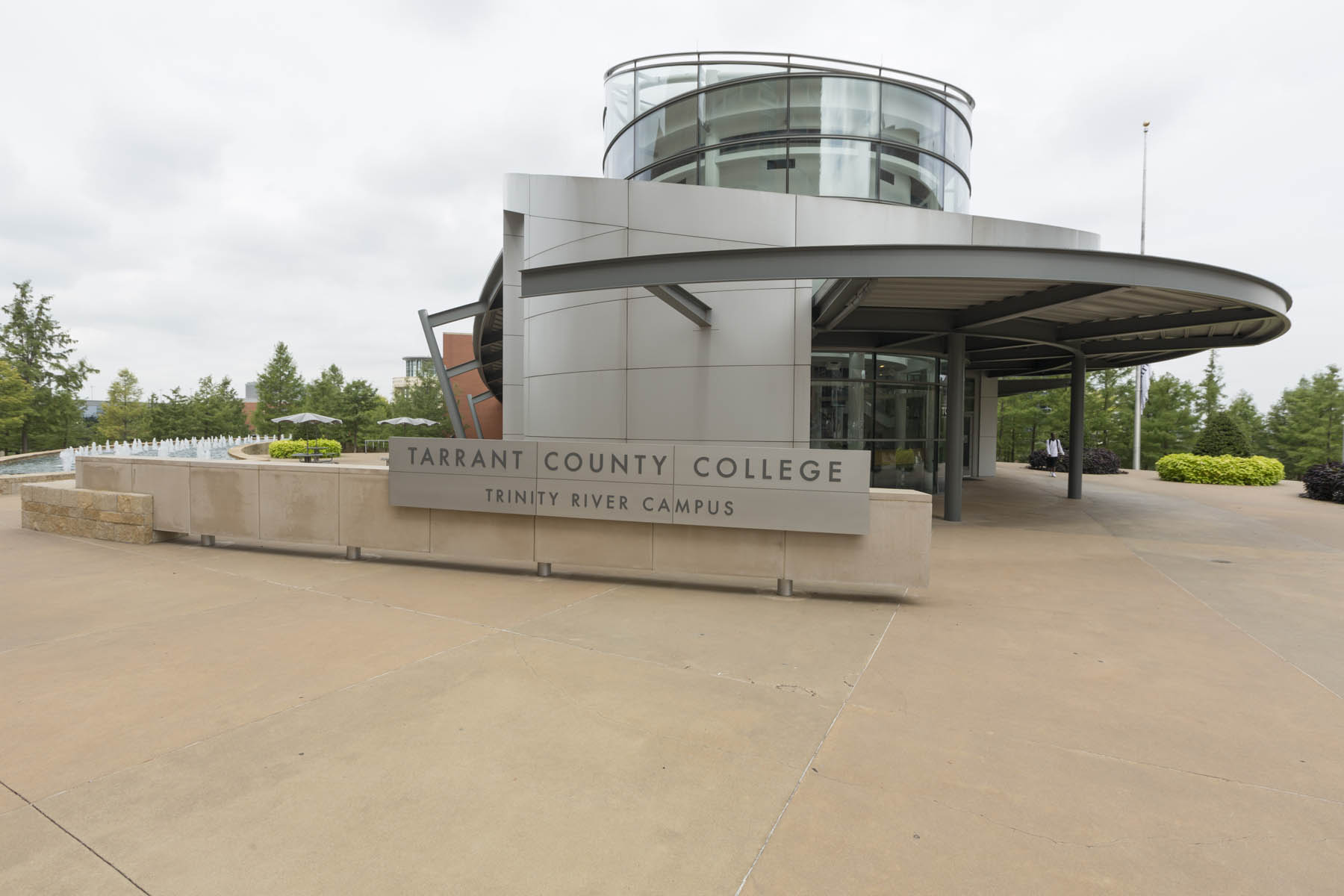The Fort Worth business community secured several public policy wins during the regular session of the 88th Legislature, such as the Texas Jobs, Energy, Technology, and Innovation Act (HB 5) which was signed into law by Governor Abbott on June 8. To inform the business community of other legislative wins, the Chamber will be highlighting a variety of bills that became law this past session. Next up is House Bill 8, which will enhance opportunity at Texas community colleges.
Background
Following the conclusion of the 87th Legislature in 2021, the Texas Commission on Community College Finance (TCCCF) was created to recommend changes to the funding model for community colleges and junior colleges. Until HB 8, Texas community colleges were funded through a formula based on enrollment and property taxes. Across the 50 different community college districts in the state, property tax bases and rates vary significantly. Following the COVID-19 pandemic, community college enrollment in Texas hit a 12-year low
The TCCCF worked diligently with stakeholders such as community college presidents and trustees, students, workforce entities, and the public, to gather the appropriate input prior to making any policy recommendations. Ultimately, the TCCCF recommended changes to the formula that prioritize funding for outcomes – certifications awarded, credits transferred to a four-year university, etc. – an emphasis on skilling for high-demand jobs and expanding dual-credit opportunities for economically disadvantaged high school students.
It is estimated that 60 percent of jobs in Texas will require some form of postsecondary education in the next decade. The state’s community colleges will play a vital role in producing an educated and skilled workforce that aligns with the employment needs of local businesses.
Summary
With the TCCCF’s recommendations in hand, and with overwhelming support from the public, House Bill 8 passed by a final vote of 142-0 in the House, and by a vote of 31-0. Among other components, the final bill contains two key tenets that should help overhaul the community college system.
First, HB 8 creates the Financial Aid for Swift Transfer (FAST) Program. FAST will allow eligible students to enroll in dual credit courses at participating community colleges free of charge. To be eligible, students must be enrolled at a public high school and have been economically disadvantaged at some point during the previous four school years. The bill also amends the Education Code to ease transferability of credits between colleges in Texas.
Second, the reforms will be accompanied by $2.2 billion in funding over the next two years which represents a 23% increase compared to the $1.8 billion allocated for the previous biennium. The additional funding will cover the cost of the new programs and affordability measures included in the legislation.
Conclusion
Attracting and retaining a talented workforce has been a constant hurdle for businesses since the onset of the COVID-19 pandemic. Not all careers require a four-year degree, but most jobs do require some form of postsecondary education. Starting with high school students in Texas all the way across the spectrum to workers in the middle of their careers looking to reskill, HB 8 will assist students seeking credentials for in-demand career paths, strengthening the pipeline of available workers for businesses.
Top Headlines
National
State and Local
Upcoming Dates
- June 20: Tarrant County Commissioners Court, 10 a.m.
- June 27: Fort Worth City Council Meeting, 10 a.m.






